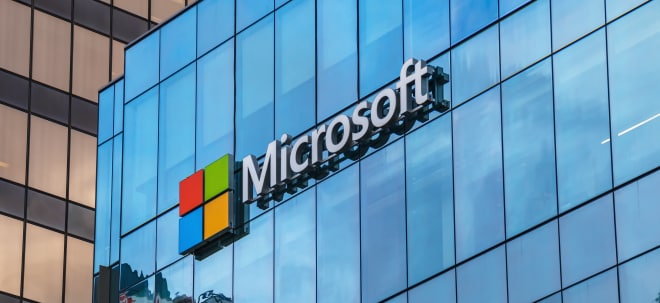But when it comes to supplements, the government has a different standard. A substance that is considered unsafe in food items or drinks can be legally sold as a supplement.
“We don’t review supplements before they go to market,” said Tamara Ward, an F.D.A. spokeswoman. “We get involved when there is a risk to the consumer, but manufacturers are responsible for making sure the products do not pose a risk to the consumer and for making sure claims are not misleading.”
The distinction has long rankled consumer advocates. The Center for Science in the Public Interest no longer regards ginkgo biloba as safe and is urging consumers to avoid it.
“The burden now shifts to industry to prove that it is safe,” said Michael F. Jacobson, executive director of the center. “There is no way to do a study in humans. You would need millions of people who take ginkgo biloba and millions who don’t, who all eat the same diet and have the same lifestyle. Government, industry and academia have all generally accepted animal studies as indicators of human risk.”
Moreover, he pointed out, several large clinical trials that followed thousands of elderly people to see if ginkgo biloba delayed cognitive decline failed to find any evidence that the extract was beneficial.
The studies included a large randomized controlled clinical trial of more than 3,000 people aged 75 years and older in the United States and a French study that included 2,820 people over age 70 who were followed for five years.
The F.D.A. is reviewing the new evidence from the toxicology study and could change its guidance in the future, Ms. Ward said. |


 Thread abonnieren
Thread abonnieren


